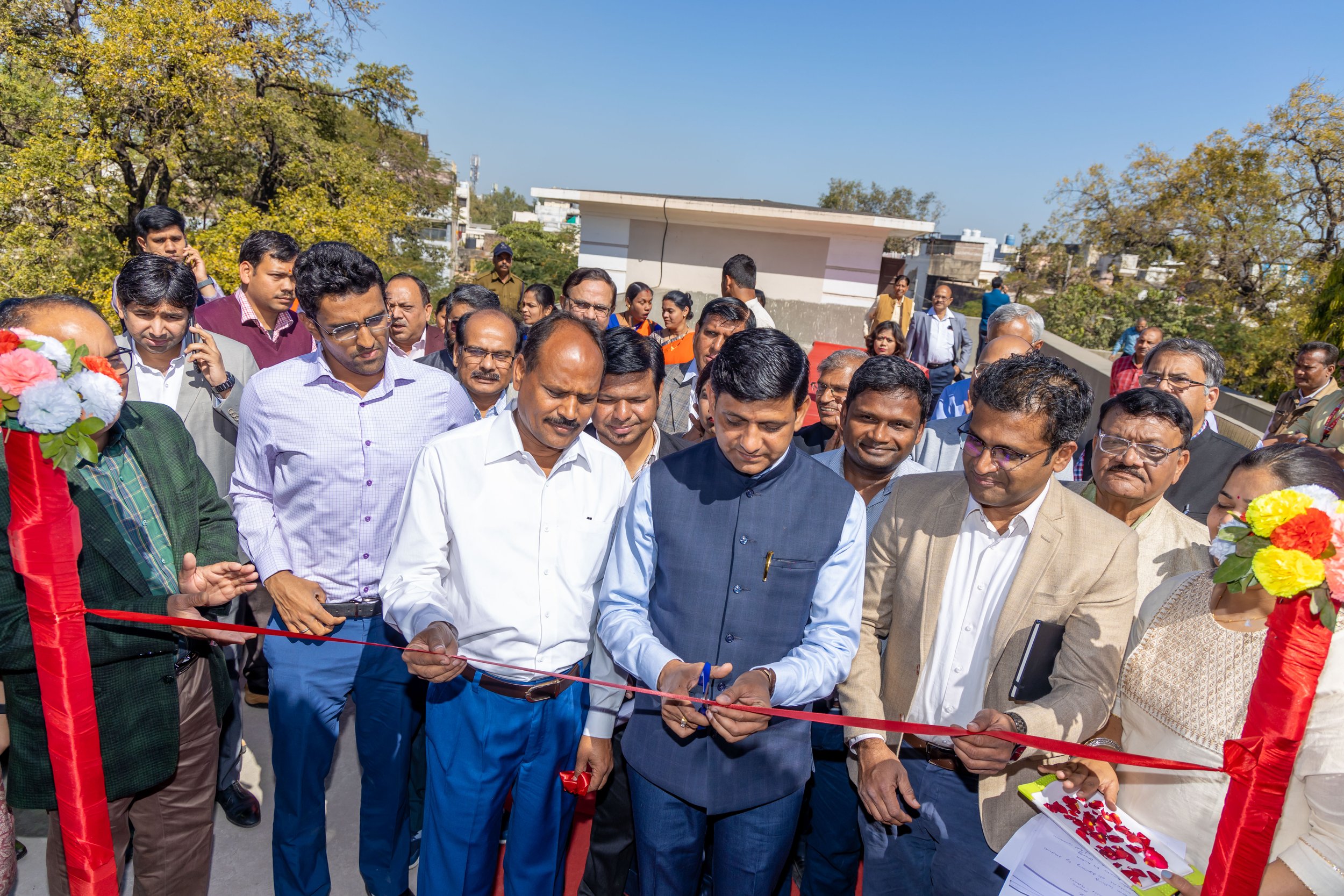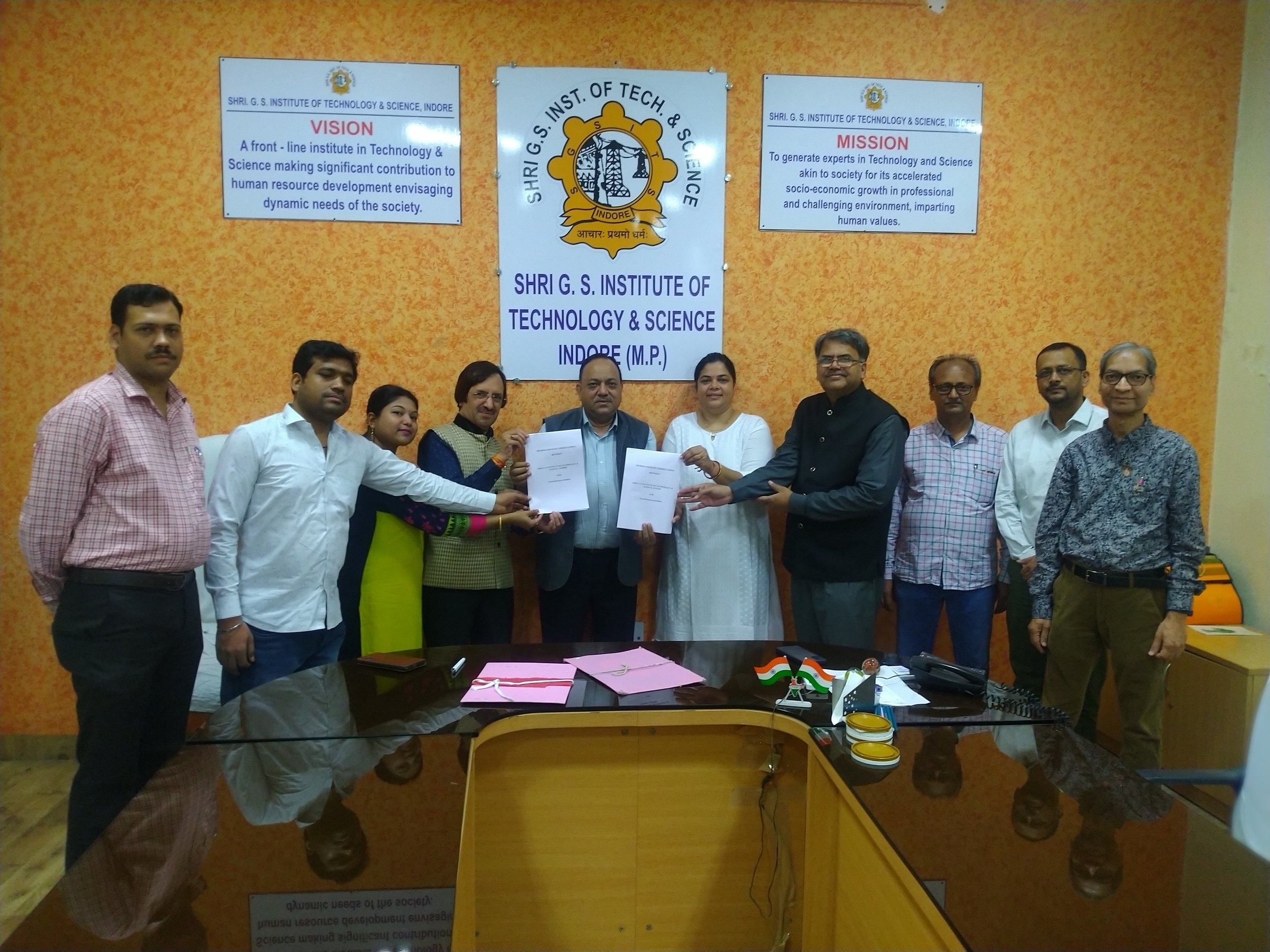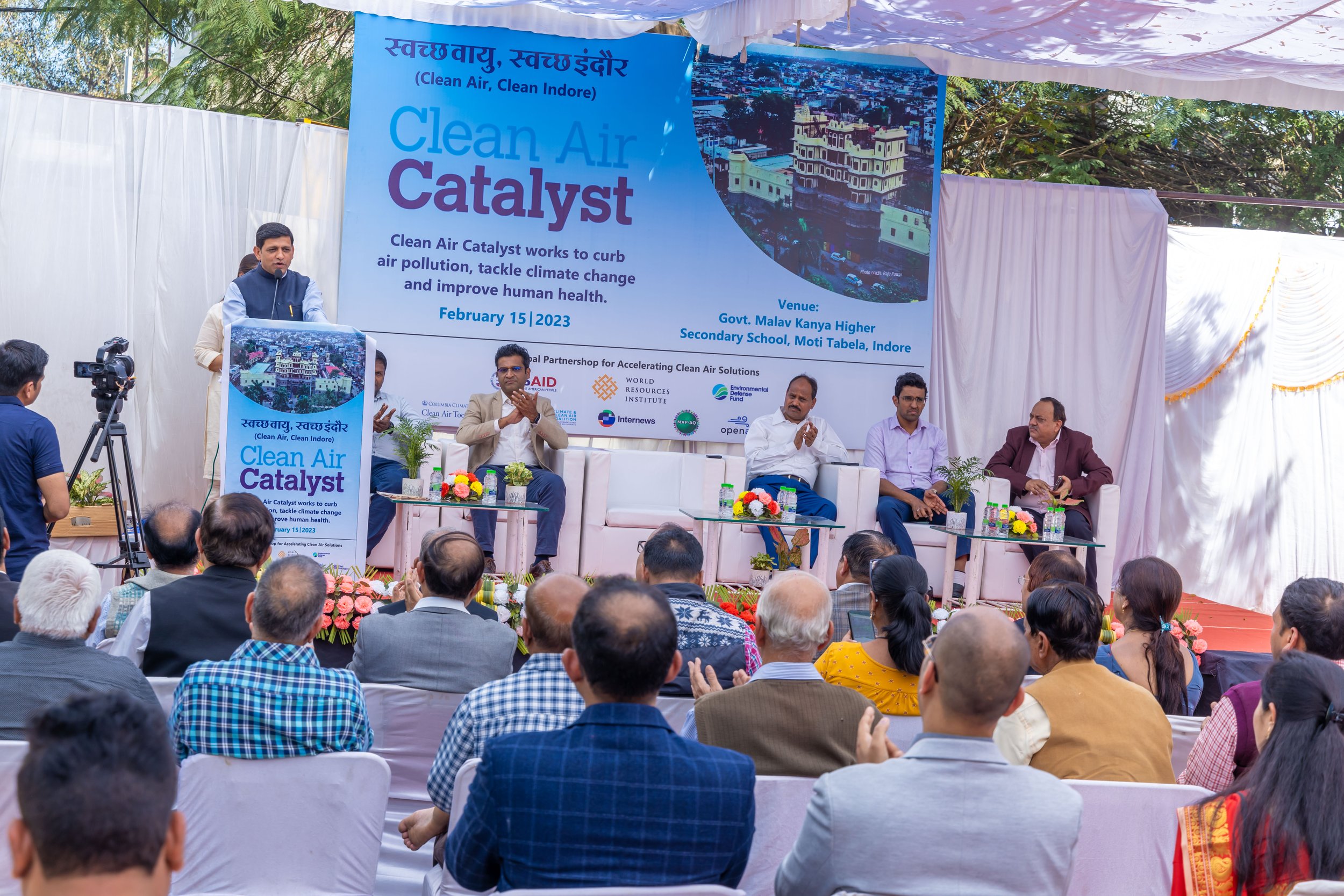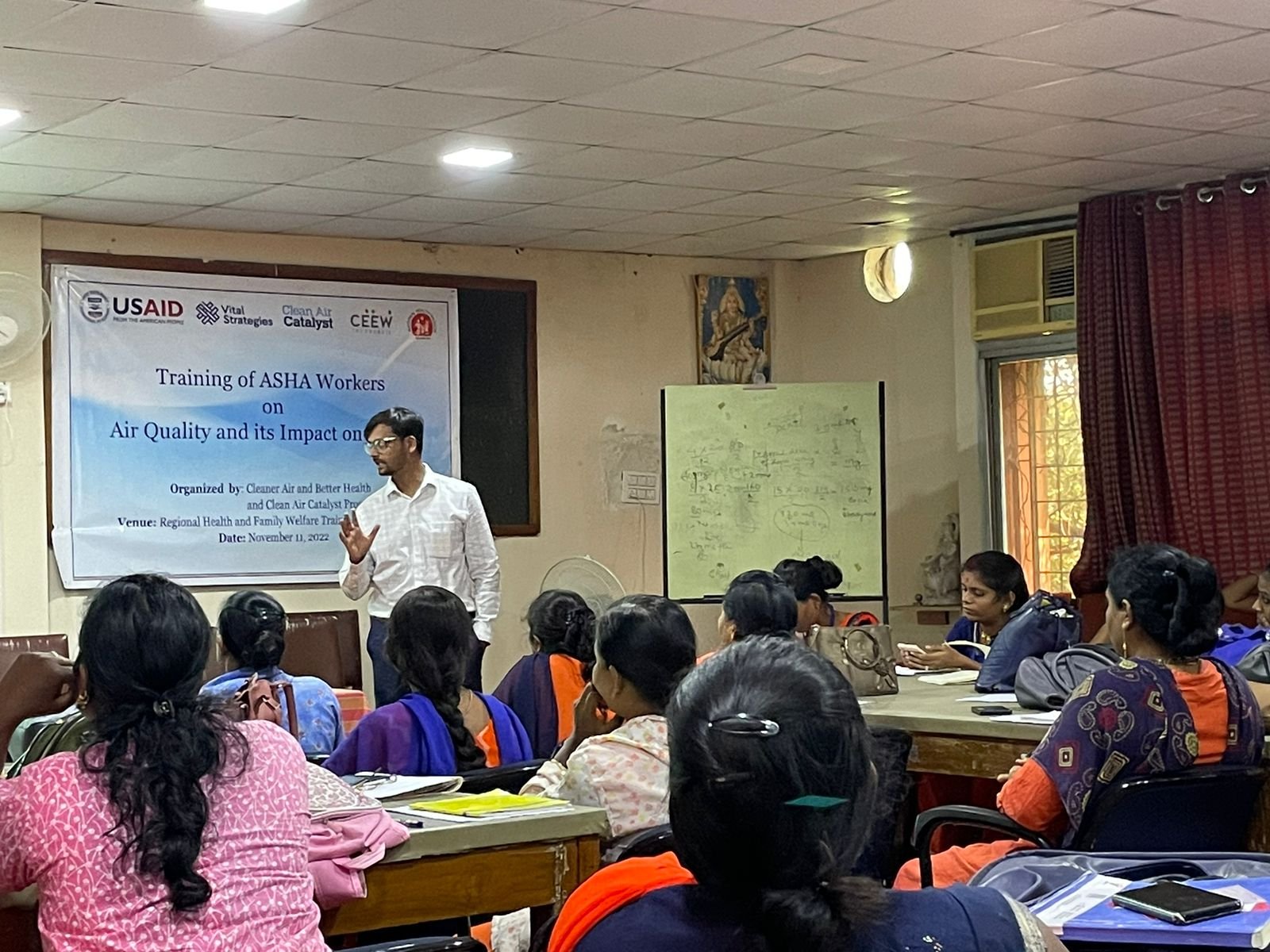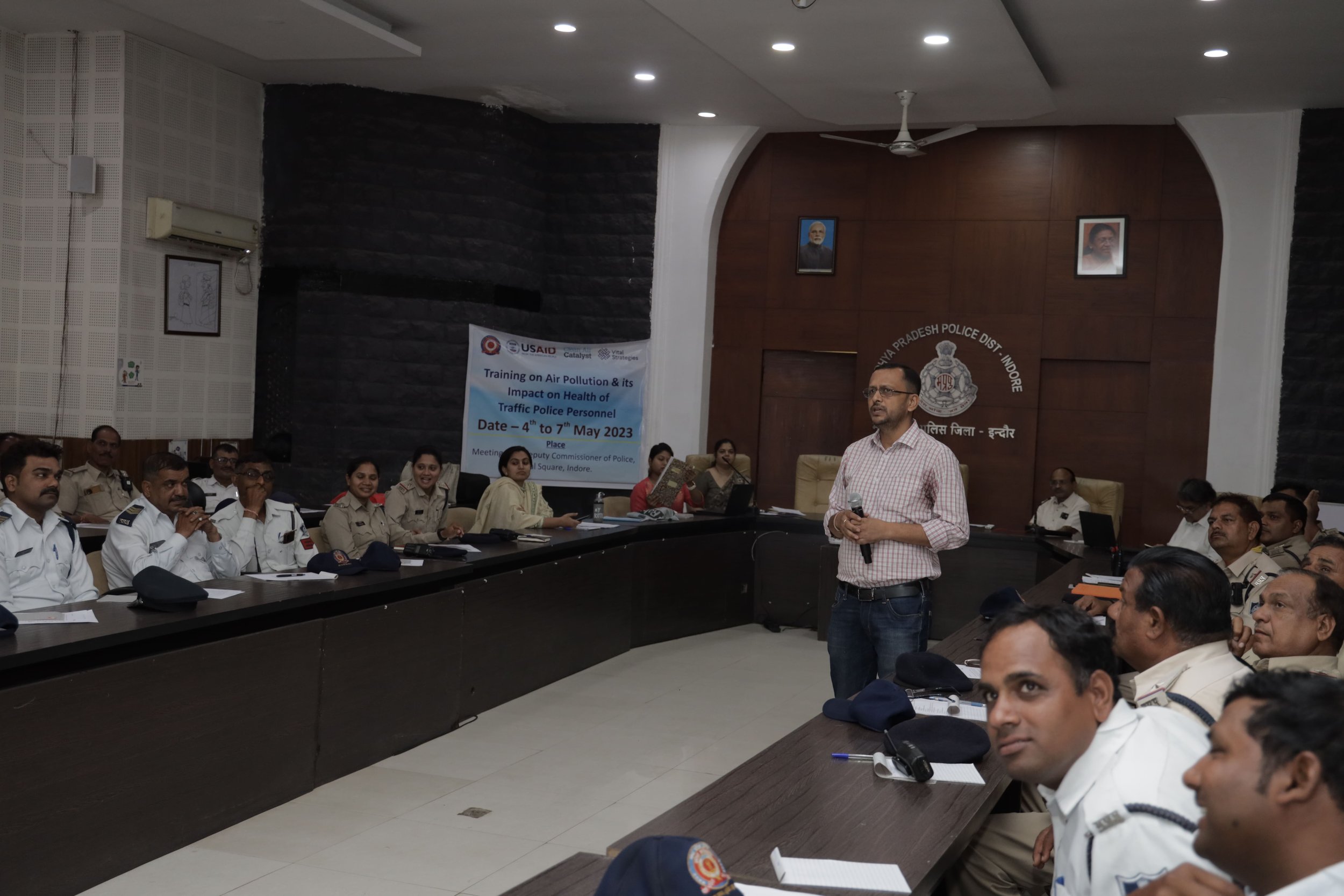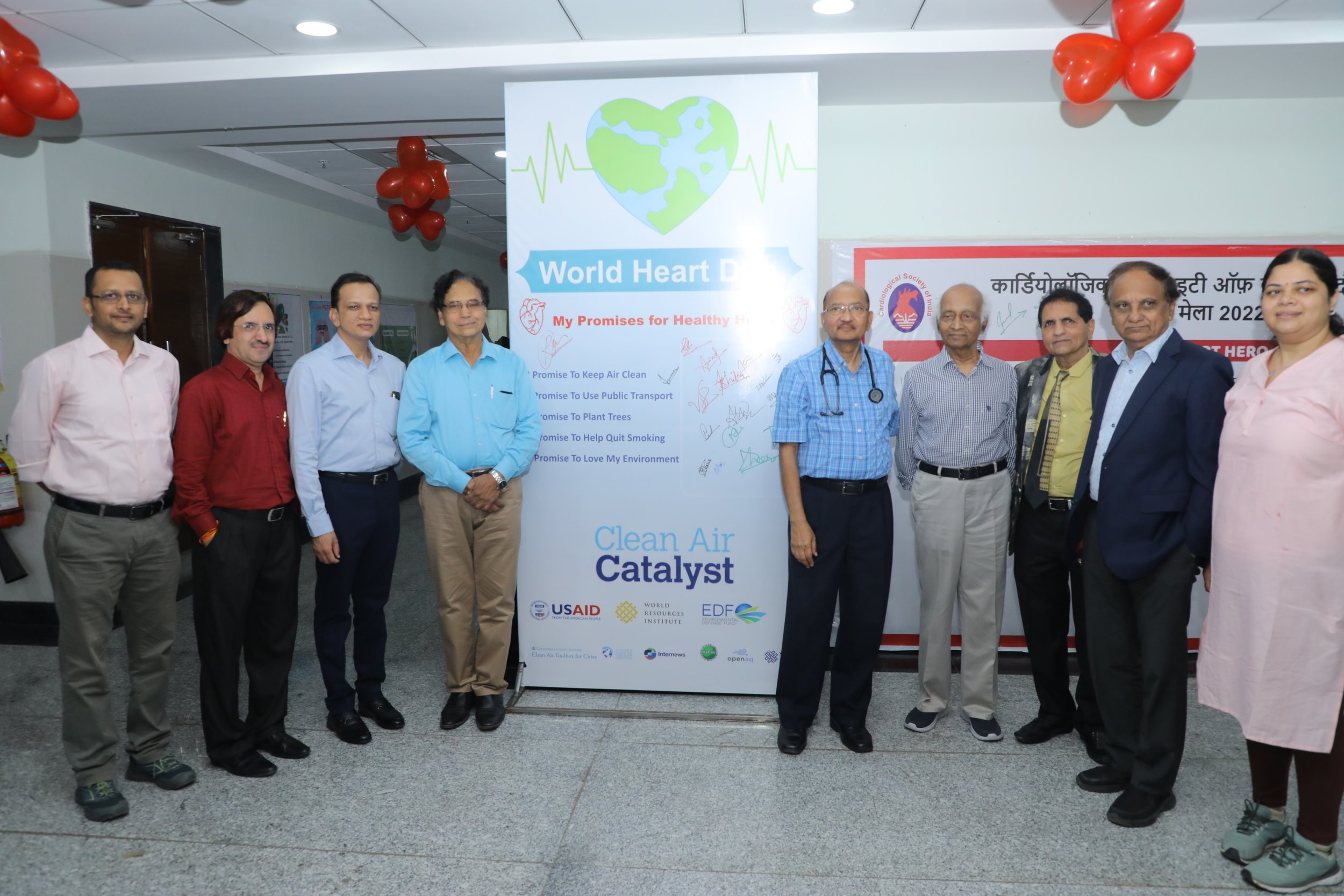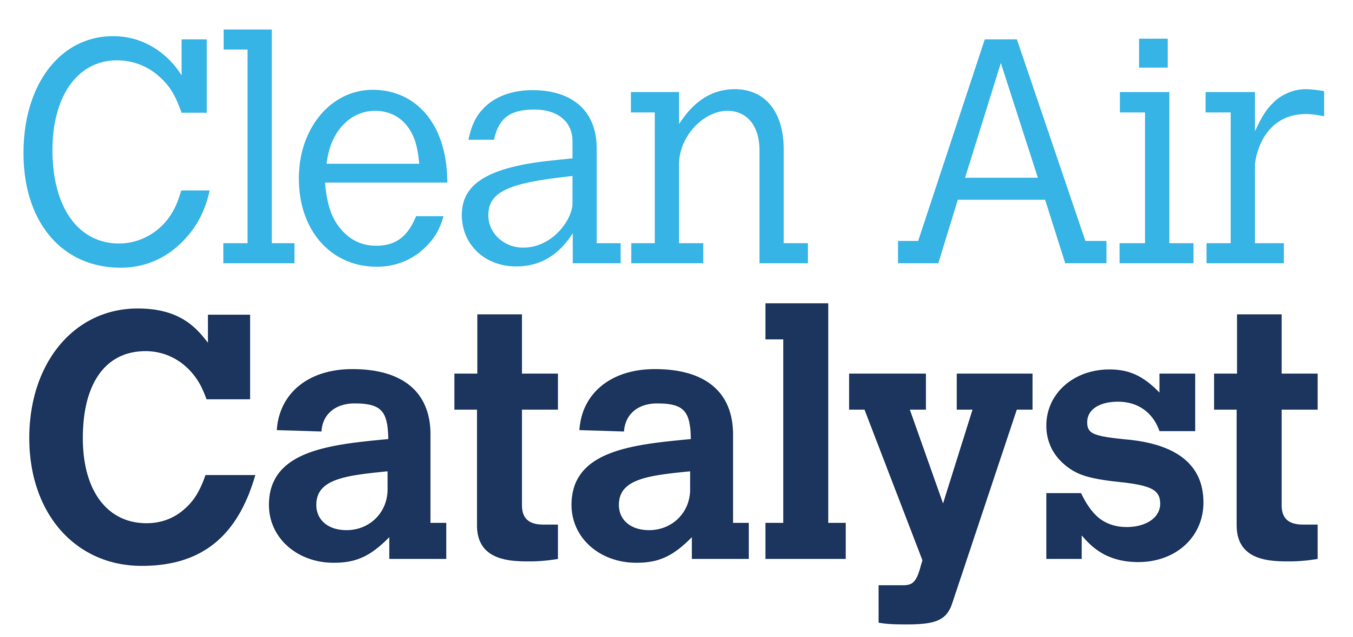Clean Air Catalyst Signs Agreement with Indore Municipal Corporation for Joint Research of Air Quality in Indore
By Sudhir Gore, April 15, 2023
INDORE: Indore Municipal Corporation (IMC) has signed a memorandum of understanding with Clean Air Catalyst, building upon recent progress to expand air quality monitoring and data in Indore, Madhya Pradesh.
Clean Air Catalyst (Catalyst) is a global partnership supported by the U.S. Agency for International Development, led by World Resources Institute and Environmental Defense Fund, Inc. Launched in 2020, it is focused on building capacity for locally tailored solutions that curb air pollution, tackle climate change, and improve human health. In Indore, the program is actively working to increase awareness of the sources of pollution, making it more visible, and laying the groundwork for impactful measures to combat it.
As a key commercial and industrial center for the state, Indore is uniquely positioned to become the model for other cities across the state of Madhya Pradesh and across the country working to improve local air quality. Clean Air Catalyst’s science-based, coalition-building approach to building source awareness is similar to Indore’s extensive grassroots advocacy model for waste segregation at the source for which it has been recognized six times in a row as “Cleanest City in India” by the Swachh Survekshan annual cleanliness survey.
Through this agreement, Clean Air Catalyst and IMC have established three continuous air monitoring sites throughout the city to collect data on local air pollution levels. The data will be provided to the public, after taking robust quality checks, through the OpenAQ platform which shares air quality data from several countries and is open to public usage. The stations will be operated by Catalyst staff – led by Environmental Defense Fund scientists– and local scientists and graduate students will be trained on its operation for the duration of the five-year project, at which time it is expected they will be handed officially to IMC. Read the FAQ document for more detail on the monitoring plan.
The Catalyst and partners will also begin a study on source apportionment, which requires additional air quality monitoring equipment to expand spatial coverage and include speciated fine particulate matter (PM2.5) data to distinguish contributions from various sources. Furthermore, the study will involve monitoring additional air pollution species, including black carbon. This short-lived climate pollutant is a significant contributor to man-made global warming. The introduction of black carbon monitoring in Indore marks a notable development in the effort to enhance air quality.
As part of the project WRI will lead Catalyst staff in generating an emissions inventory and conduct a source apportionment study, which uses samples of PM2.5 to identify where those particles come from and the amount, they contribute to ambient air pollution levels. This collaborative approach will lay the foundation to grow an understanding of local air pollution sources and improve air quality for years to come.
